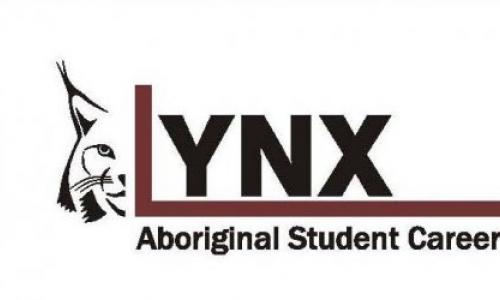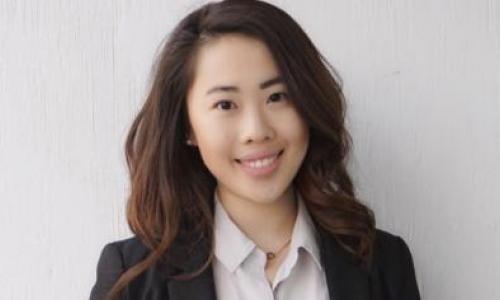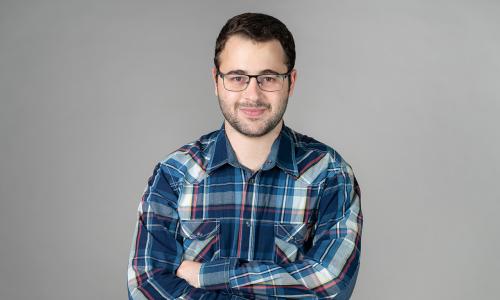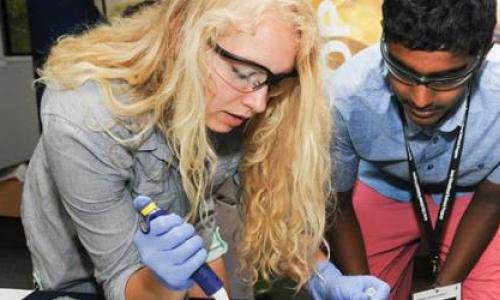
I began my role with SFU’s Faculty of Arts and Social Sciences (FASS) Communications and Marketing department as an Editorial and Communications Assistant in Fall 2021. Initially, I did not have too many expectations; I simply thought the job description sounded like something I could handle, yet at the same time, would be a good challenge. It saw it as a good opportunity to gain experience and skills outside of my studies and academics. However, this train of thought changed rather quickly as I got to know the people I was working with and the self-discoveries I found as I continuously grew on the job. I realized that Co-op is more than just acquiring new skills—it is also a chance to learn more about what you enjoy doing and figure out what types of environments you thrive in.
Personally, I found that my Co-op position offered a unique experience from the beginning. Firstly, I worked with a hybrid schedule, going between remote and in-person, which gave me two distinct perspectives on working life. It also taught me how different work-life balance is between these two working conditions. Working in-person was rather straight forward—being in the office forced me to stay focused on the job and when I went home, it was easy to turn my mind off from work and focus on other aspects of my life. On the other hand, it was much harder to keep track of my hours when I was working remotely, and being surrounded by my family sometimes made my home life and work life bleed into each other. The second situation was not planned but offered an even more valuable experience—my first supervisor transferred to another position in the beginning of my second term, which not only allowed me to experience working with different supervisors, but also encouraged me to work more independently than I did in my first term.
Undoubtedly, this Co-op placement has been one of the best experiences I have had during my time as an undergraduate student, from the countless skills I have obtained that I’ll apply to my future endeavors, to the experience of working and communicating in a professional setting with various departments and colleagues holding different positions. One of the most rewarding aspects of this experience is the practical application of my skills and seeing my efforts come to fruition. When I see my stories published on the FASS website, the graphics I made posted on social media, and the events I helped to successfully launch, I feel a sense of fulfillment in that the work I did was purposeful and had an impact.
One of the main reasons I joined Co-op was to see what potential career options I would be interested in pursuing. Although at this point I have yet to determine what these careers are exactly, I will say that this experience has opened new perspectives and doors for me to venture into. When I was hired for my role, there were two major projects that were assigned to me. One was the FASS News archive migration project, and the other was the FASS faculty's biographies project. Having to work with archival materials quite a bit in these past two semesters has generated ideas of pursuing a masters in archival studies if I were to continue school after my bachelor's degree.
Although many things are not set in stone, I plan to go back to my studies in the coming terms before applying for another Co-op position. I had a lot of fun working in communications and I am not against trying out more positions in this area of work. However, I am now open to trying out various occupations as well, such as working at a museum or a government position focusing on global affairs, because of the experience I gained from working in FASS.
















